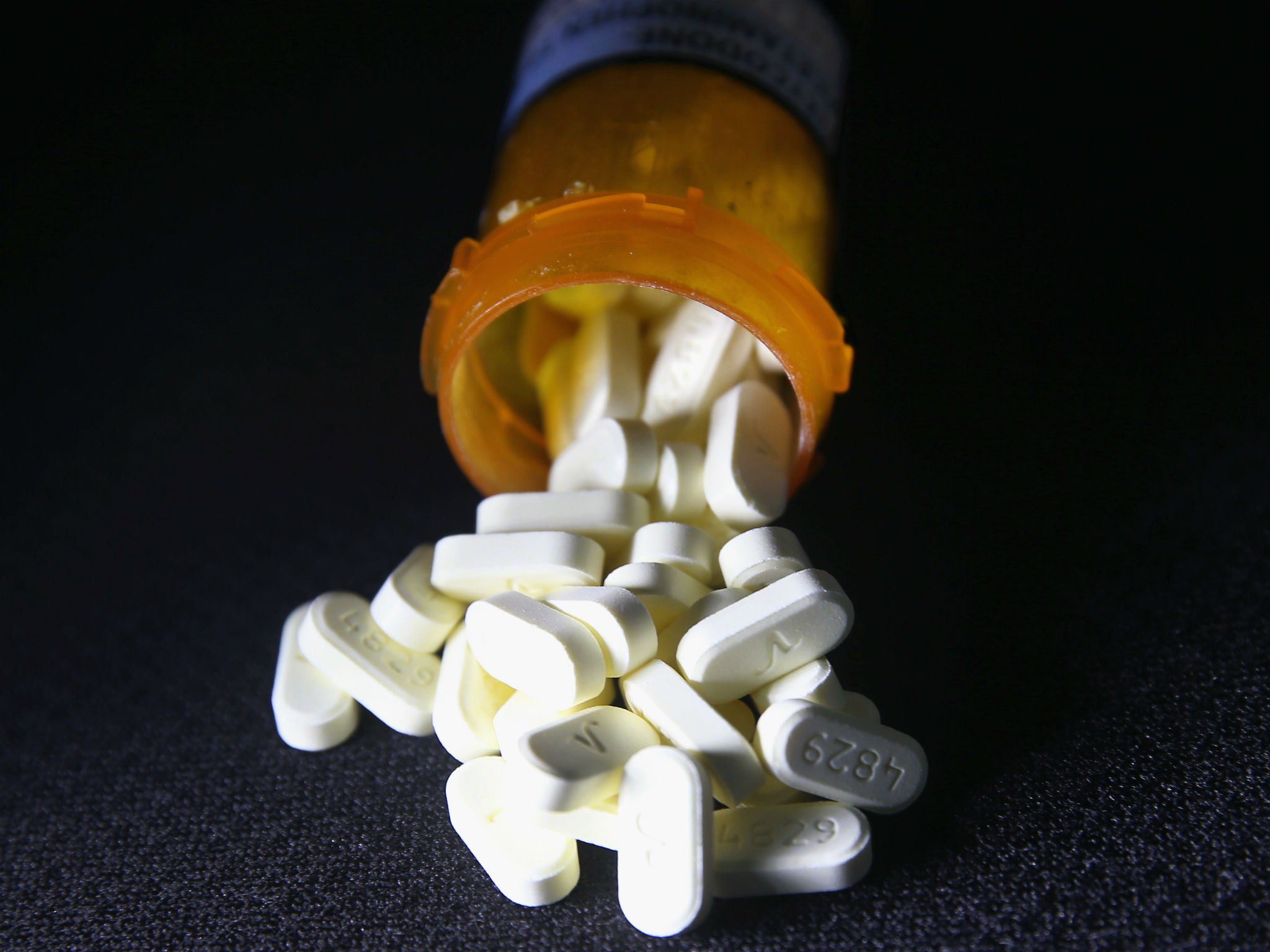Ketamine antidepressant could bring opioid-like addiction risks, study warns
'Breakthrough' antidepressants work in same way as painkiller drugs and similarly reinforce addiction

Ketamine-based treatments for severe depression could further fuel the addiction epidemic sweeping the US, researchers have warned, after a new study found the drug affects the brain in the same way as opioid medications.
Stanford University researchers said the drug, given “breakthrough” classification by the US government to speed its journey to market, should not be used widely until this addiction potential is understood.
Experts said that despite their great promise in depression, regulators must make sure ketamine isn’t simply another “opioid in a novel form” which could add tens of thousands overdose deaths in the US each year.
The US Food and Drug Administration has already approved some ketamine products for use and several, including a nasal spray, are in late stage trials for severe, treatment-resistant depression.
However scientists are still working to piece together how exactly the drug works, and the Stanford team suspected it may be interfering with electrical signals to the brain in the same way as opioids.
For the research, published in the American Journal of Psychiatry, they showed that giving an opioid blocking treatment alongside ketamine to patients with severe depression significantly reduced its effects when compared to patients given ketamine and a placebo.
The blocker, naltrexone, is used in opioid and alcohol addiction and dampens signals from nerve cell receptors known as NMDAs which are key for anaesthetic drugs such as ketamine which produce a dissociative effect.
This pathway is critical to addiction as repeated stimulation appears to increase dependency as well as heightening sensations of pain which lead patients to the opioids in the first place.
As naltrexone was also able to undermine ketamine’s antidepressant effects it suggests the same pathway may be involved, and addiction, anaesthetic and anti-depressant effects could all be linked.
While the potential for recreational abuse of ketamine is well known, mass marketing the drug in similar ways to opioids could make the new treatments risky for recovering opioid addicts.
Commenting on the findings, Dr Mark George, from the Medical University of South who was not involved with the study, said: “We would hate to treat the depression and suicide epidemics by overusing ketamine, which might perhaps unintentionally grow the third head of opioid dependence.”
“With these new findings, we should be cautious about widespread and repeated use of ketamine before further mechanistic testing has been performed to determine whether ketamine is merely another opioid in a novel form.”
Dr George also suggests more attention to other underused treatments for depression and suicidality, including electroconvulsive therapy, transcranial magnetic stimulation and cervical vagus nerve stimulation.
Join our commenting forum
Join thought-provoking conversations, follow other Independent readers and see their replies
Comments
Bookmark popover
Removed from bookmarks